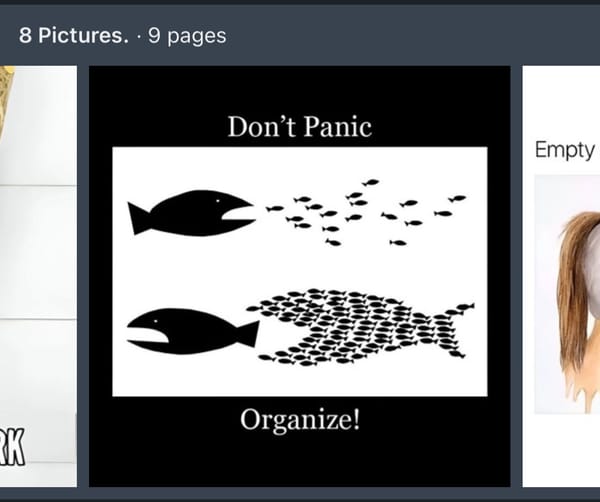The Redundancy in the Information Economy
Hyperscalers, consumer-facing ones like Spotify or behind-the-scenes like high-frequency trading firms, leverage powerful computers to convert information into profit.

Historically, technological progress created new jobs as old ones disappeared, preventing devaluation of human labor.
However, the information economy, which conceals the true value of information, has changed this dynamic. We don't compensate most individuals for their valuable contributions in the new technological landscape.
Instead, while ordinary people "share" information, elite networks - aka Hyperscalers accumulate vast wealth.
These elite entities, Hyperscalers, whether consumer-facing like Google or behind-the-scenes like high-frequency trading firms, leverage powerful computers to convert information into profit. The general public receives mere "trinkets," fostering a false impression that the information economy benefits the majority who fuel it.
If the information age accounted for information honestly, it would be economically valued.
Failure to value "raw" information, before it's processed by central computers, will lead to widespread disenfranchisement.
This emerging information economy risks devaluing ordinary people while granting immense power to those at the top of the computer networks, fulfilling dystopian predictions.
I write this as we listed to Music that is free. The artist is fodder. You are the product.
Meet me at MINY.





